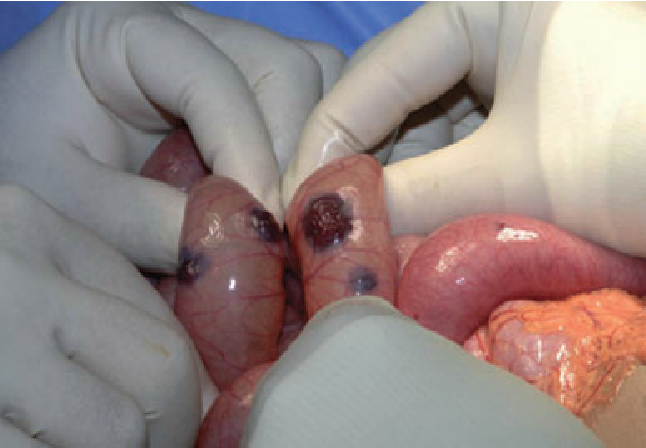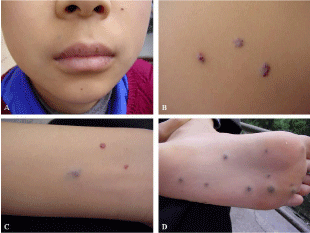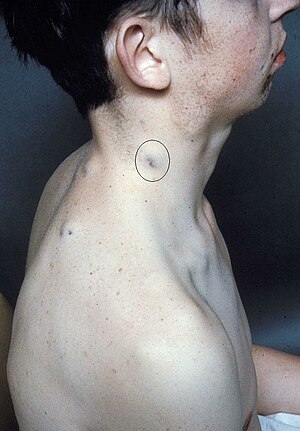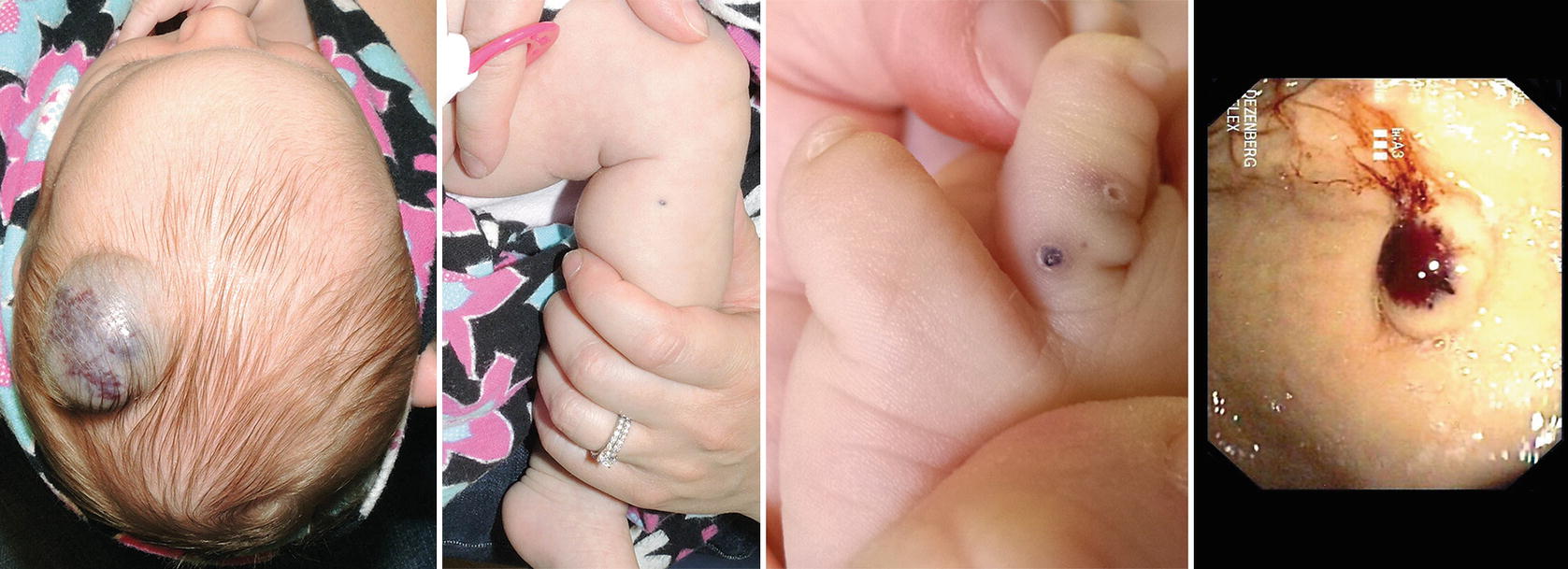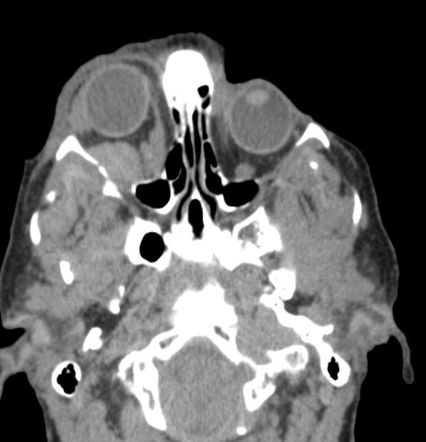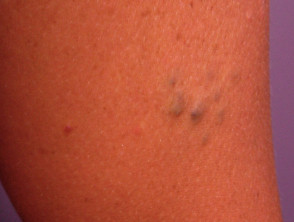Formerly called as gascoyen syndrome blue rubber bleb nevus syndrome also known as bean syndrome is an uncommon hereditary disease referring to the abnormality in the blood vessels particularly in the small intestine and distal large bowel of the digestive system in addition to multiple venous malformations involving most prominently the skin and.
Blue rubber bleb nevus syndrome treatment.
Blue rubber bleb nevus syndrome brbns is a rare disorder with characteristic vascular malformations of the skin gastrointestinal system and less often other organ systems.
Blue rubber bleb nevus syndrome brbns is a rare condition that is characterized by numerous malformations of the venous system that significantly involve the skin and visceral organs.
Blue rubber bleb nevus syndrome is a condition in which the blood vessels do not develop properly in an area of the skin or other body organ particularly the intestines.
One of the common symptoms of blue rubber bleb nevus syndrome or brbns is the presence of skin lesions either at birth time or even during the childhood period.
Blue rubber bleb nevus syndrome brbns is a rare blood vessel vascular disorder that affects the skin and internal organs of the body.
What is blue rubber bleb nevus syndrome.
It usually presents right after birth or during early infancy.
The disease is characterized by the presence of fluid filled blisters as visible circumscribed chronic lesions nevus it was described by william bean in 1958.
The blue rubber bleb nevus syndrome or brbns is an extremely rare vascular disorder that affects the blood vessels around the regions of the different internal organs of the human body or areas just under the skin.
Blue rubber bleb nevus syndrome brbns is characterized by distinctive vascular malformations of skin and the gastrointestinal tract often leading to chronic anemia and intestinal bleeding.
The malformed blood vessels appear as a spot or lesion called a nevus.
Blue rubber bleb nevus syndrome brbns sometimes called bean syndrome is a rare congenital vascular anomaly in which malformed veins or blebs appear on the skin and surfaces of internal organs.
Multiple distinctive skin lesions are usually characteristic of this disorder and are often present at birth or present during early childhood.
This condition was initially discovered in 1860 by gascoyen.
Though the disease is inherent its occurrence is sporadic.
